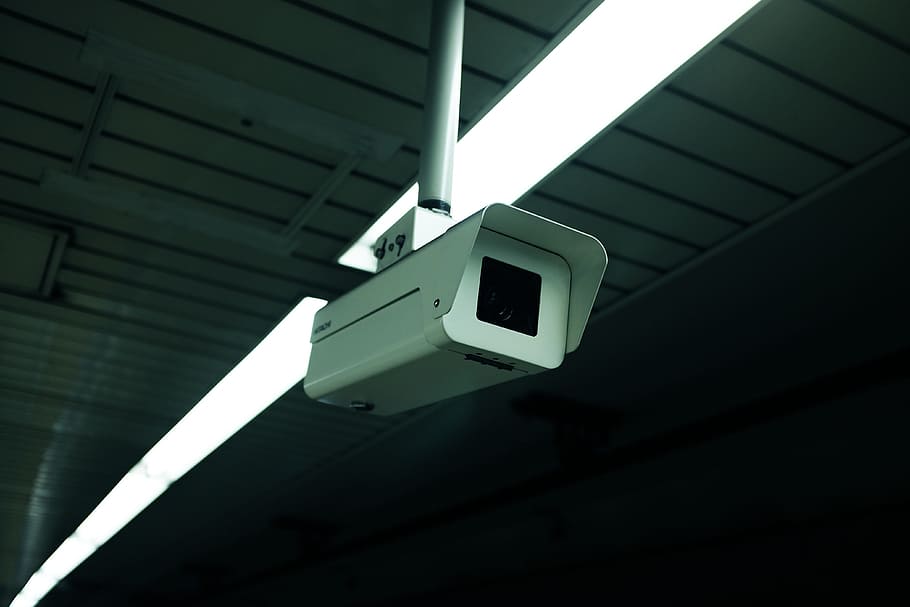Physical Address
304 North Cardinal St.
Dorchester Center, MA 02124
Physical Address
304 North Cardinal St.
Dorchester Center, MA 02124
Being human in this 'brave new world'
Being human in this 'brave new world'

CHINA is using the fear of a coronavirus second wave to enhance its Orwellian style surveillance networks.
Reports from expats describe Orwellian scenes of CCTV cameras mounted outside te front doors of people who have been quarantined and apartment cleaners given the extended job description of noting down the movements of listed people within their housing blocks, cvreating a climate of distrust between citizens and authority.
This is part of President Xi Jinping’s recent tightening of restrictions for “promoting civilised behaviour” in post-pandemic China.
According to the state run tabloid The Global Times, the government initiative to set up CCTV cameras outside the front doors of certain residents as, “purely for the needs of counter-epidemic works”. But that certain resident happens to be a journalist, placed under quarantine for visting Wuhan after the lockdown there was lifted.
The journalists name was German national, Friederike Boege, who was suddenly placed under quarantine after returning from Wuhan. She now must inform the local community volunteers if she wants to leave her apartment. All under the premise of stopping a pandemic that Chinese authorities claim has already been stopped. Speaking to AFP news agency she said: “It’s quite scary how you get used to such things. Apart from the camera I do believe that the guards and the cleaner on the compound would denunciate me if I were to go out.”
In Beijing, people under quarantine have had silent electronic alarms installed on their doors that inform local volunteer observers that they have broken their lockdown.
Notices have been placed on the doors of those quarantines instructing neighbours to inform officials if the quarantined person leaves their apartment and if someone who has been placed in house lockdown wishes to leave, they must ask for permission from community volunteers.
One Irish expat called Ian Lahiffe informed CNN of a surveillance camera placed outside his front door and magnetic door seals being fitted that would send a signal every time the front door was opened.
But the Beijing backed tabloid The Global Times has argued that these measures do not infringe on the rights and privacy of people.
The news platform said: “Several people who have undergone home quarantine told our reporters that they understood and accepted such a measure and didn’t think it would cause privacy concerns.”
The surveillance network in China has been incorporated into the expanding Social Credit System that rewards citizens on actions that the CCP favours and sanctions those who commit acts that are detrimental to the ideology and future security of the ruling party.
The China Internet Security Law has allowed internet linked cameras as well as CCTV cameras to be part of Beijing’s expanding surveillance web and is aided by state funded companies such as Tencent.
The history of mass surveillance began in the Maoist era The People’s Republic of China was established in 1949 and Mao initiated the ‘mass line’ overseen by the United Worker’s Front Department.
To this day, The United Work Front Department is as powerful as ever in intimidating the individual to follow the ideological line set by the state. The institution is headed of course by Xi Jinping, who has chaired the United Front Small Leading Group since 2015. It infiltrates academic institutions, social and religious groups, influential celebrities and the smaller political parties and weeds out agents that may threaten the hegemony of the CCP.
Before the digital age the United Work Front Department encouraged surveillance based upon word of mouth and encouraged vigilant neighbours who would be rewarded for informing on those who diverged from the ‘mass line’ or the ideological instructions of the CCP.
Now, the multitude of informing eyes has gone digital and is self automated as Beijing are relying more on artificial intelligence algorithms to weed out what deviations that may compromise the regime.